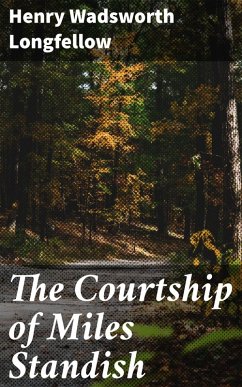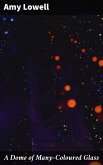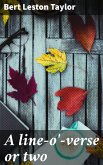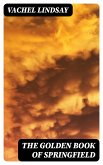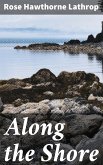In 'The Courtship of Miles Standish' by Henry Wadsworth Longfellow, readers are immersed in the story of the early Plymouth Colony in a captivating narrative poem. Longfellow's lyrical style brings to life the love triangle between Miles Standish, John Alden, and Priscilla Mullins, exploring themes of courage, loyalty, and the complexities of human emotion. Set against the backdrop of the New England wilderness, the poem offers a unique blend of historical accuracy and romantic fiction, making it a timeless piece of American literature. Longfellow's use of imagery and symbolism adds depth to the characters and their inner conflicts, making the work a rich tapestry of colonial life and love. Henry Wadsworth Longfellow, known for his contributions to American poetry, drew inspiration from historical events and figures to create this masterpiece. His meticulous research and poetic talents shine through in 'The Courtship of Miles Standish,' showcasing his ability to blend fact and fiction seamlessly. Longfellow's personal connection to New England history and his fascination with the human experience are evident in this work, creating a compelling narrative that continues to resonate with readers today. For those interested in American literature, historical fiction, or poetry, 'The Courtship of Miles Standish' is a must-read. Longfellow's masterful storytelling and poetic prowess combine to deliver a captivating and thought-provoking exploration of love, honor, and sacrifice in the early days of the Plymouth Colony. This timeless classic offers a glimpse into the challenges and triumphs of America's early settlers, making it a valuable addition to any literary collection.
Dieser Download kann aus rechtlichen Gründen nur mit Rechnungsadresse in BG, B, A, EW, DK, CZ, D, CY, H, HR, GR, F, FIN, LT, I, IRL, NL, M, L, LR, S, R, P, PL, SK, SLO ausgeliefert werden.
